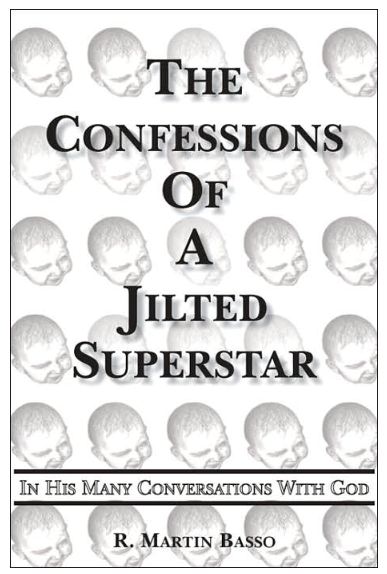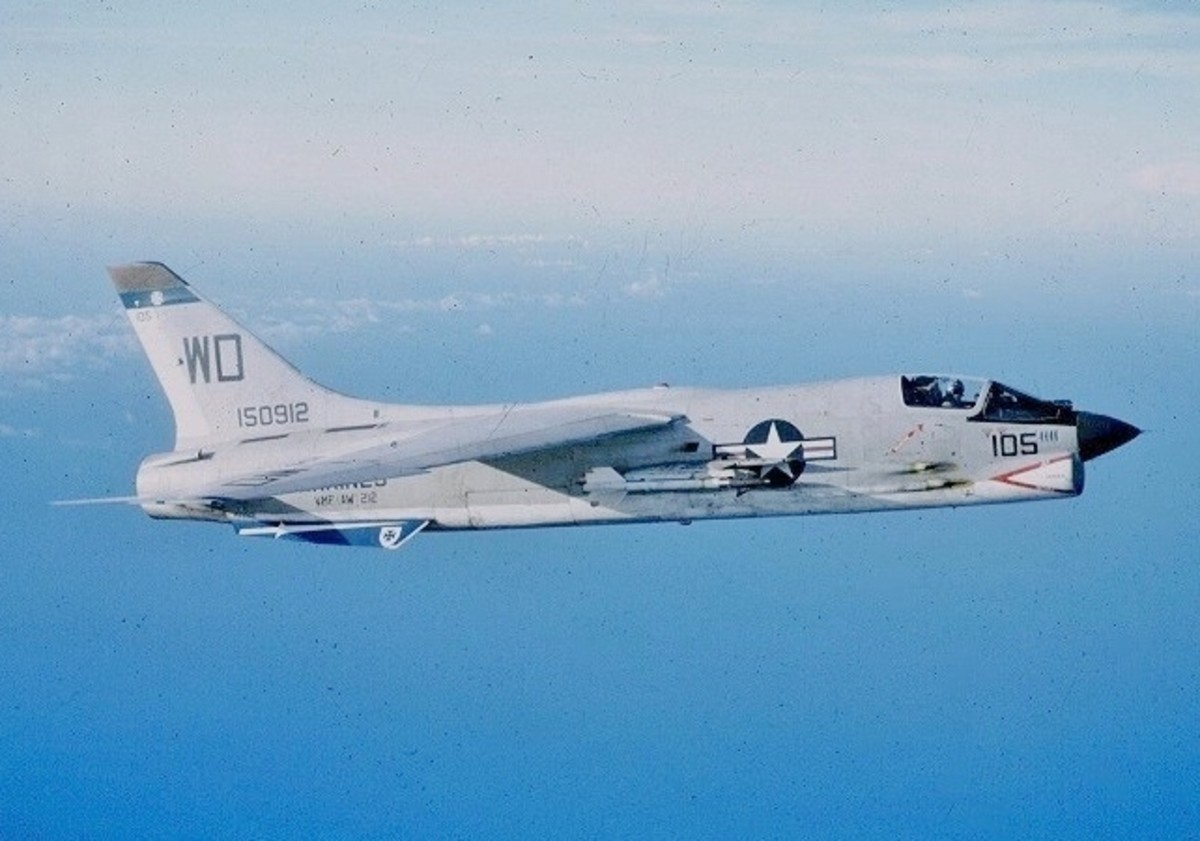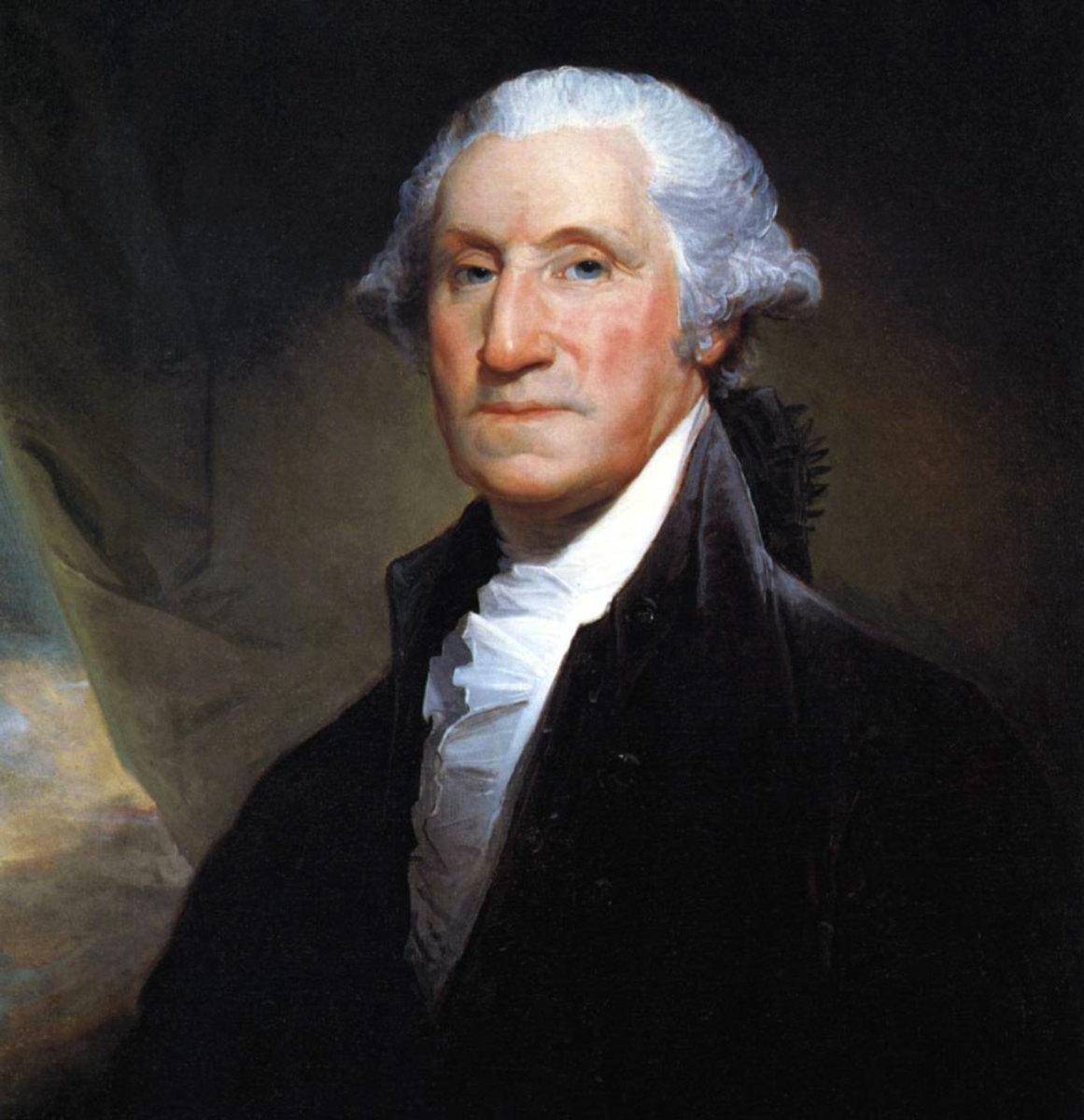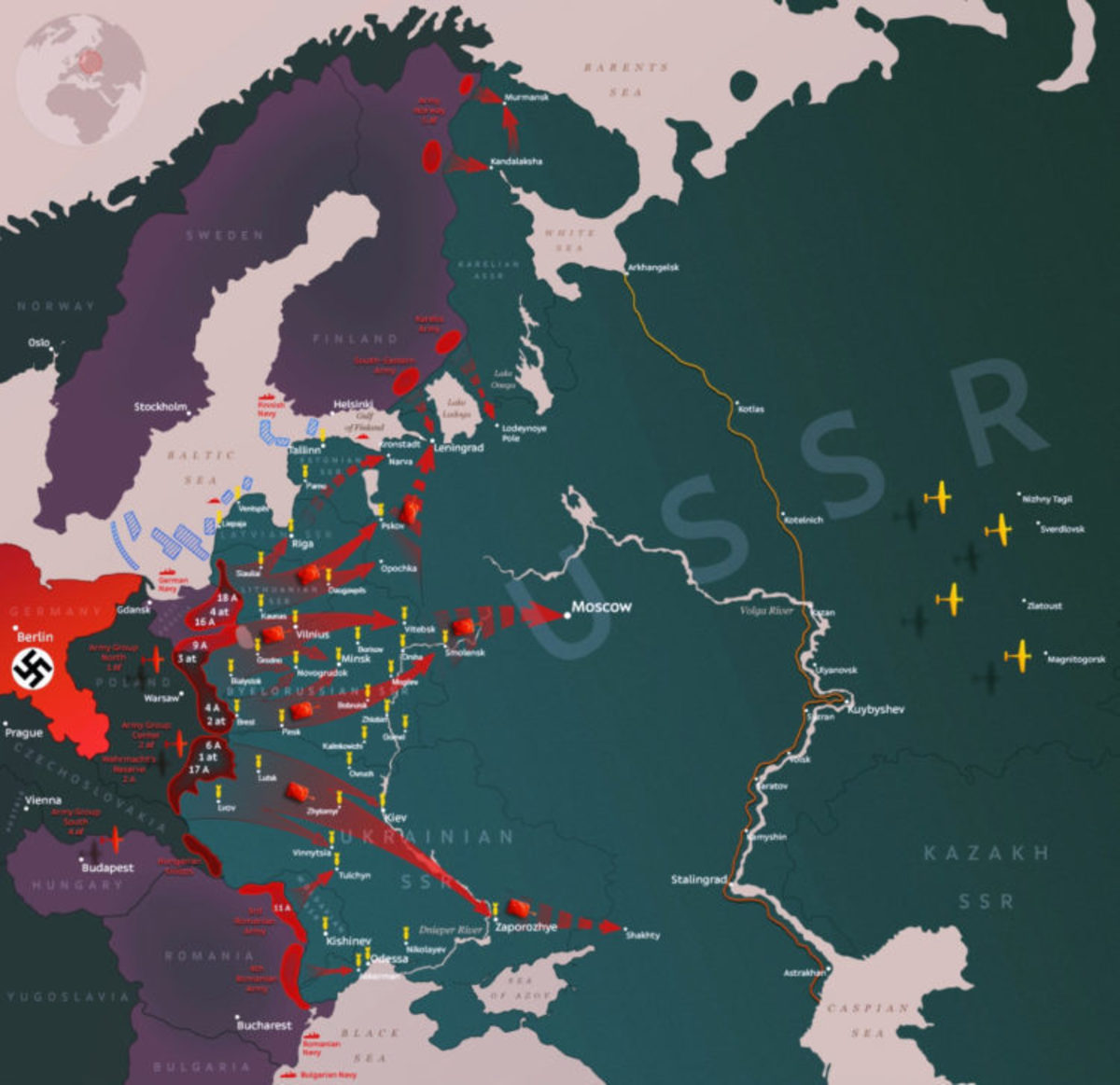JILTED SUPERSTAR: Part 13

"NO THREAT TO SELF OR TO OTHERS" (Part 13 of 21)
.
Sometime, around a month or so into my having arrived in Saudi Arabia, some of my poetry was inadvertently discovered. I'd accidentally left a spiral-bound notebook on post in which many meaningless doodles and notes were scribbled, including rough drafts of four poems; ‘Dogs', ‘We Do Not Care Anymore', ‘Elvis Shot Kennedy' and ‘My Dinner With Jesus Christ.' (All four poems are posted as previous Hubs, FYI.)
The fellow who relieved me (I really didn't like him very much in the first place, nor did he much like me either) found my notebook and had a good laugh with some of his redneck friends. He then handed my notebook to his shift sergeant, who handed it to the first sergeant, who handed it to our operations officer, who in turn handed it to my squadron commander. My squadron commander, a major, tore out the four poems and handed them to the wing commander, the wing commander handed them promptly to the chief medical operations officer, and the chief medical operations officer handed them to the chaplain. The following morning when I reported to the armory to draw my M-16 and 9mm pistol, I discovered then that I'd been 590'd. (Form 590 is an Air Force document immediately suspending a military individual's certification to carry a fire arm.) I was promptly summoned to my squadron commander's office where I met formally with him, the chief medical operations officer and the deployment chaplain.
The chief medical operations officer, an impatient clinical psychiatrist, was insistent on my poem, ‘We Do Not Care Anymore,' in which I had written the line "...Birds chat freely, though not to me..." Repeatedly he asked if I routinely had conversations with birds or fish, or animals of any sort, or if I ultimately desired to (!) I remember that every answer I gave seemed to leave him absolutely exasperated; he would impatiently throw his hands into the air like a police detective who hadn't yet secured a confession out of some long-interrogated suspect.
The chaplain, a tall and thick-accented Texan, was warmly - yet cautiously- insistent about ‘My Dinner With Jesus Christ', for obvious reasons. After I'd explained my position in that poem, the chief medical operations officer, dubious and already convinced that I was completely insane, balked loudly about "religious nonsense" and shifted his inquisition from my perceived conversations with birds and animals to whether I heard voices, saw visions or indeed communed with the Almighty.
To this, amidst the chaplain's profound and heated objection, he and the psychiatrist nearly erupted into a fistfight. Somehow, in the melee, my squadron commander who was just getting up to separate the two, was inadvertently knocked to the floor. With each of them yelling, their faces beet-red and only inches apart, I somehow wedged myself between the two, urging religious tolerance to the psychiatrist for the chaplain, and ‘military respect' for the chaplain to the chief medical operations officer, as the shrink still outranked him. My squadron commander, clearly embarrassed by the bizarre exchange, politely invited the two officers to sit, while I was directed to reassume a position of attention.
Within ten minutes the decision was concluded that, whereas the three of them could not explain the meaning or the intent of my poetry, that I should be sent to the U.S. Navy's head psychotherapist, who also happened to be stationed in the Persian Gulf at the time. It was concluded that I'd be flown out of Saudi Arabia the following morning to meet with the commander, a female, who was apparently the United States Navy's final say about which troops are and are not nutcases. I wondered briefly if my being Air Force mattered, then promptly concluded that none of it made had any sense anyway.
Following my having been dismissed, as I turned to leave, my squadron commander rose from behind his desk and stated stridently that Elvis did not shoot Kennedy, that the Warren Commission had concluded the former President was assassinated by a lone gunman, and that that lone gunman was Lee Harvey Oswald. He then asked me if I knew what he meant, to which I replied I was familiar with the circumstances of JFK's death.
That meeting was one of the strangest hours of my entire life.
By the time I was being discharged from the military in 1999 I had had psychotherapy, to one degree or another, with eight separate therapists over a fifteen year period. In my adolescent upbringing if my mother did not like what the therapist would say she fired him. Once I was independent, if I did not like what was being said, I fired them. By the time I reached the military psychiatrists I had no choice but to listen, as basically it was my job to shut up, be attentive and salute smartly, as appropriate.
Troops had been deployed in the post-Gulf War sustainment phase of Operation Southern Watch; the military strategy immediately following Operation Desert Storm (Gulf War I). I was officially in the Desert Storm campaign for nine days, after which our overall military objective shifted to sustaining peacekeeping efforts under the guise of Southern Watch.
Some five years after the actual combat of the Gulf War, Mid East tensions were still nervous and ridiculous. A pervasive perception that the United States frankly had overstayed its welcome in the Gulf was glaringly forefront in many Saudi's minds. Additionally, as the Middle East generally is one muddied, interwoven labyrinth of societal and political schisms with each overlapping the next, sympathy and clandestine support for the Iraqi regime was strongly peppered throughout the Saudi population, as well as the region.
Collectively, I spent about six months melting in Saudi Arabia, under both Desert Storm and Southern Watch protecting the democratic interests of people who would have much preferred killing me.
By late afternoon, next, I was sitting in a ridiculously cramped office across from a fat, bespectacled (wearing thick eyeglasses, or 'bespeckled') middle-aged woman whom, in my opinion, might have been attractive ten years and thirty pounds previously. She appeared very assertive and very direct as though she possessed little margin for error or humor. Official-looking papers, a DSM-IV (the professional personality diagnosis manual used almost exclusively by the mental health community) a pair of athletic sneakers (strangely out of place) and assorted case files were strewn about in what appeared to be a haphazard manner which, apparently, made organizational sense only to she. I said nothing as she sat there reading the notes and memos from all of the individuals who had been involved in the process which brought me there, into her cluttered little gym locker. Occasionally she let out a long and profound exhalation or uncrossed and re-crossed her legs. For fifteen minutes we sat, with the naval officer reading, and me remaining silently attentive before finally she spoke. Those fifteen minutes lasted about five hours. To her, as well, I think.
"You met yesterday with your commander?" She inquired.
"Yes, ma'am, I did."
"And you are here because you wrote these four letters?" She inquired again.
"Well, yes ma'am. But, they're just poems actually, not letters." I corrected.
"Yes. So they seem to be." She had placed the poems aside and seemed more intrigued by the list of personnel who were responsible for my having been directed to her in the first place. Although I could not see the letter to which she would refer, I assumed that it belonged to the crazed, priest-punching psychotherapist from Riyadh: "I know him." She uttered with disdain, rereading his memorandum.
"Ma'am?" I quizzed, as though I'd missed something.
"Nothing." Her voice inflection was curt as she set my folio aside, atop my poems. "Now, I am going to ask you this because it is a professional technicality," she stated flatly, directing her full attention to me. "Are you going to kill or harm yourself, or others?"
"Certainly not." I lost my bearing and laughed, even though I anticipated the question.
"Fine then. The United States military does not need you in a war environment if you're going to kill or harm people."
We both paused to savor the ironic duality of her words.
"Anyway," she continued, bemused. "I do not have time for this and absolutely can not believe that you are here at all. I will definitely be having words with some of the individuals who sent you. Go back to work, airman. I hope you enjoyed your little vacation to Bahrain."
"Yes, ma'am." I smiled as I rose.
"And, Airman Basso, I like the Kennedy one...It's funny."
"Yes, ma'am." I smiled as I left.
The mental health practitioner from whom I had been directed to seek psychiatric council concluded, yeah, I was paranoid and, yeah, narcissistic, but as was initially believed, no real threat to self or to others.
/ / / / END OF PART THIRTEEN / / / /
****************************************************
© 2007 - R. MARTIN BASSO
NEXT INSTALLMENT COMING SOON:
Part 14 - A Mom's Dementia








